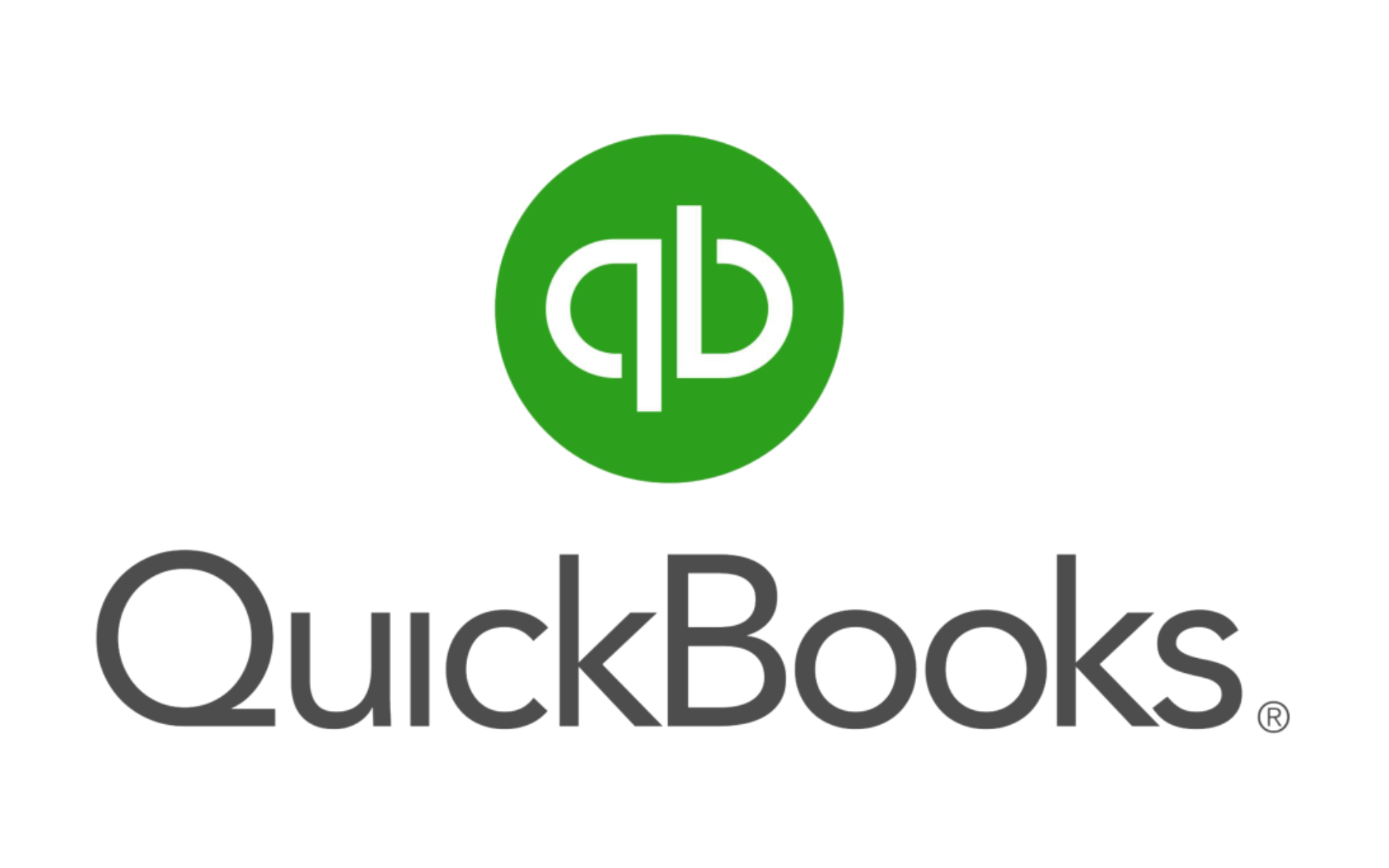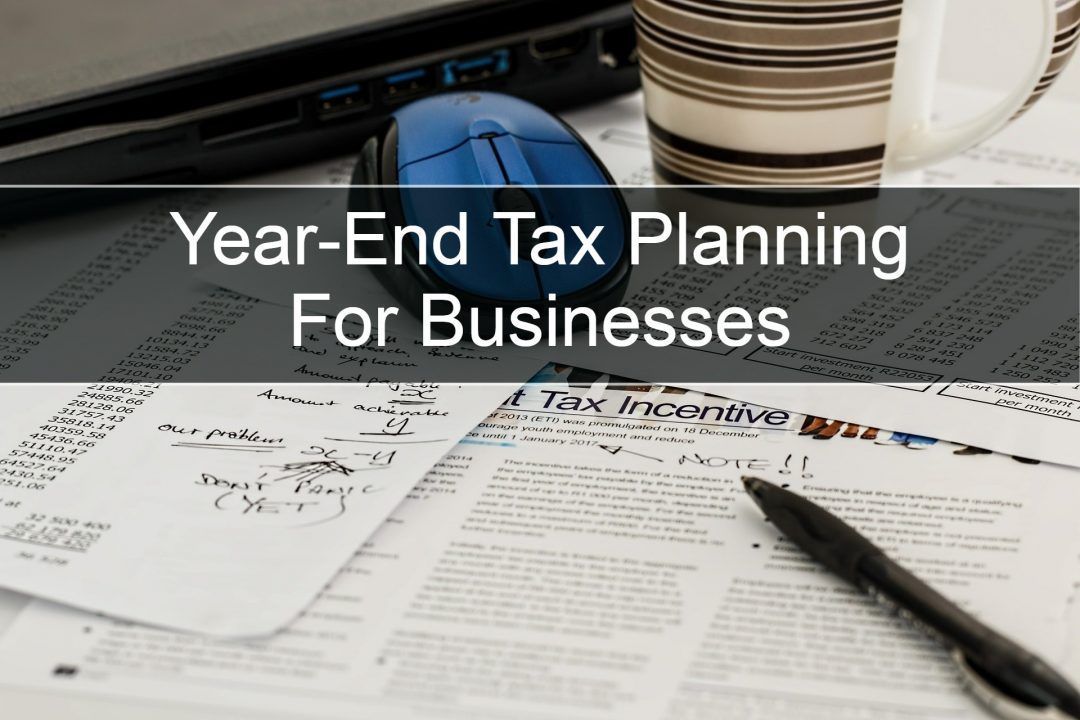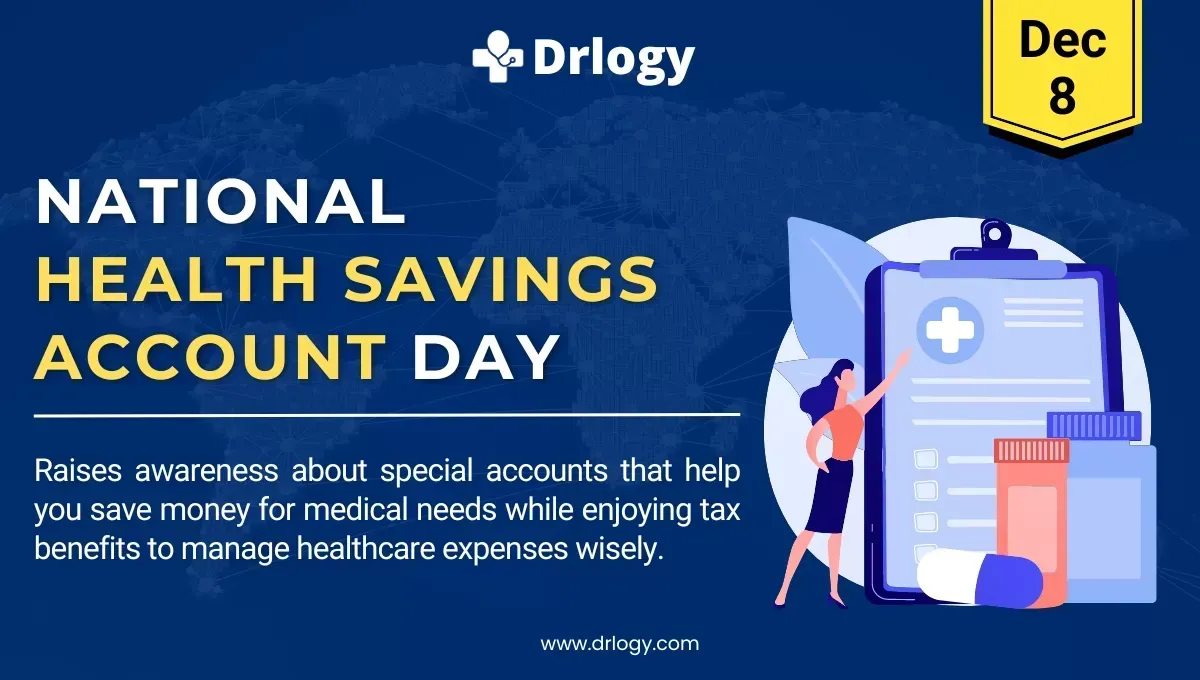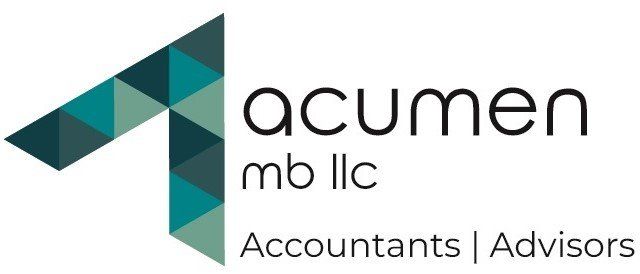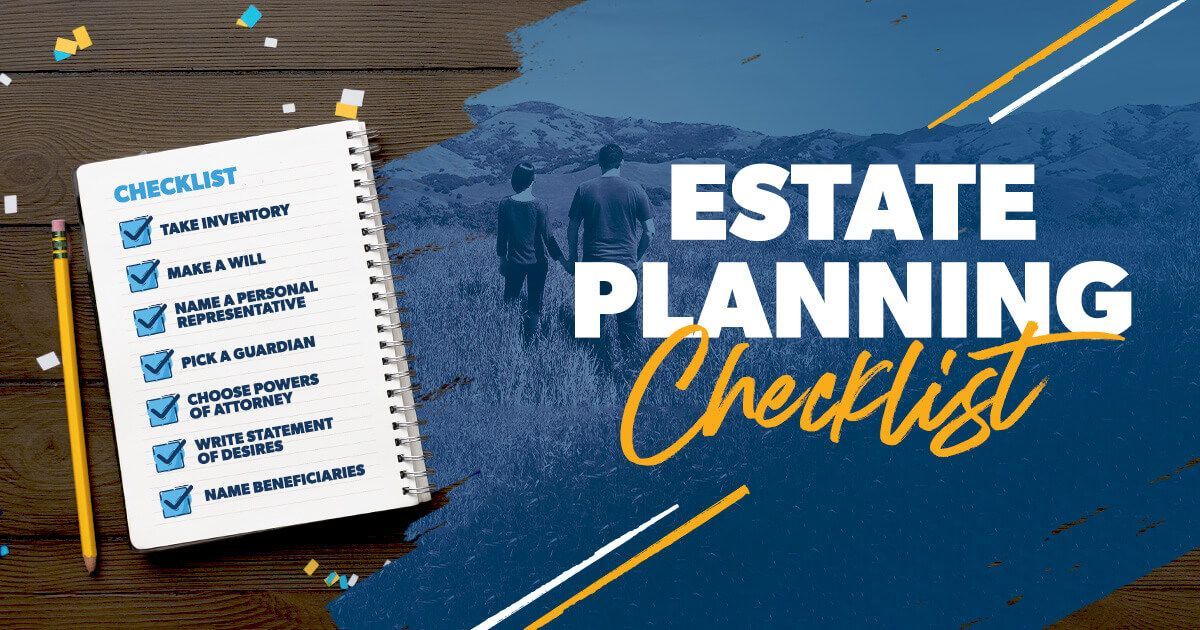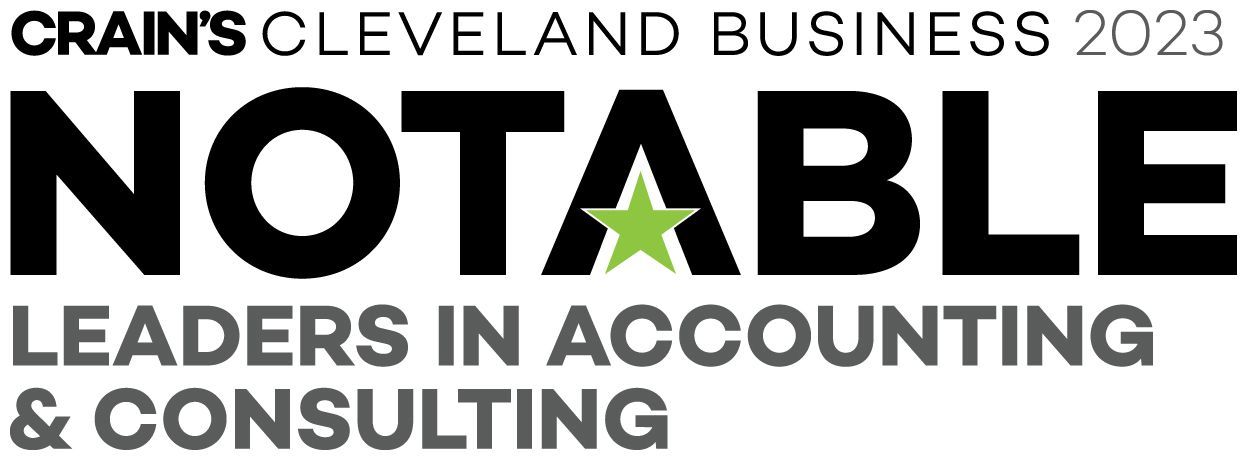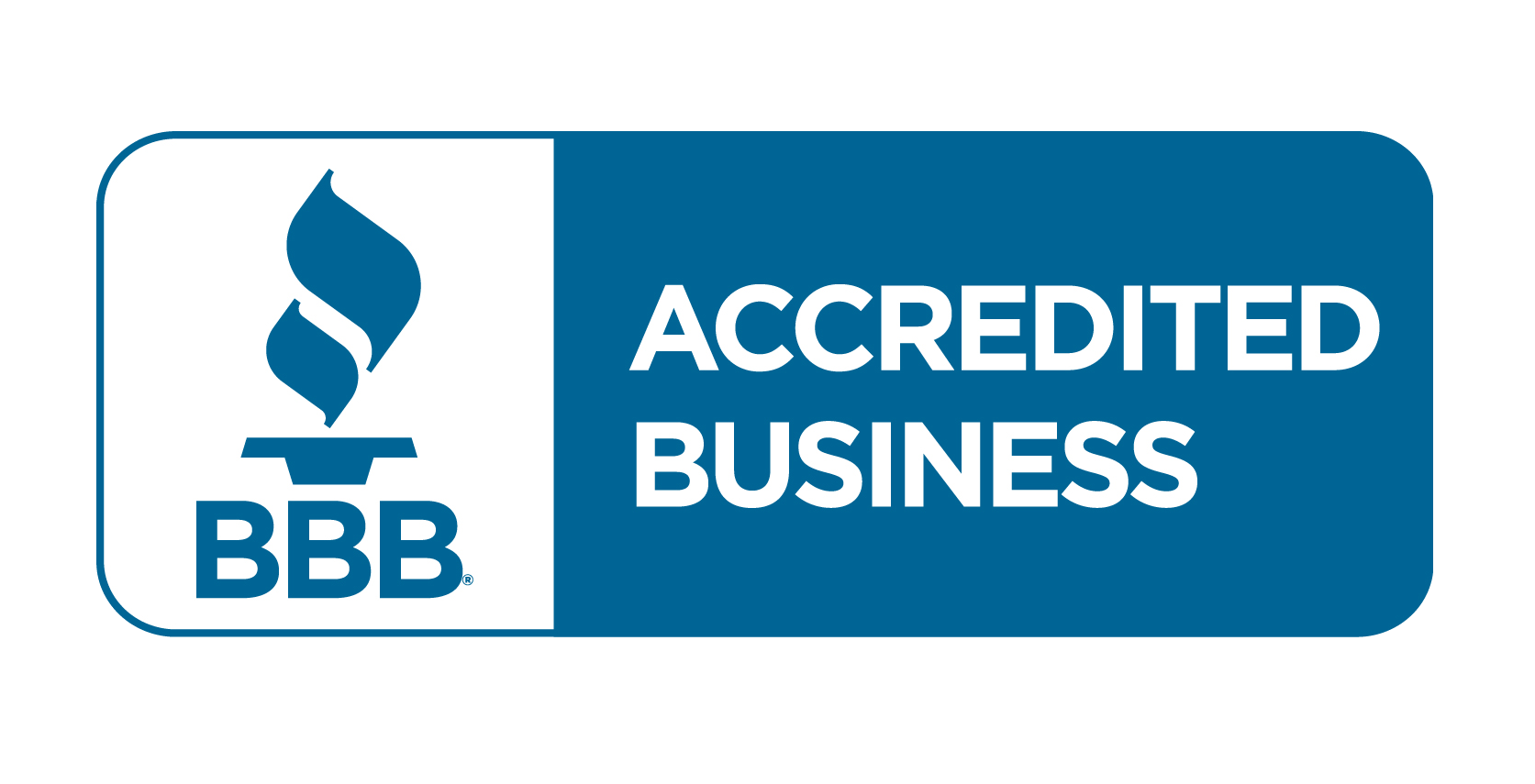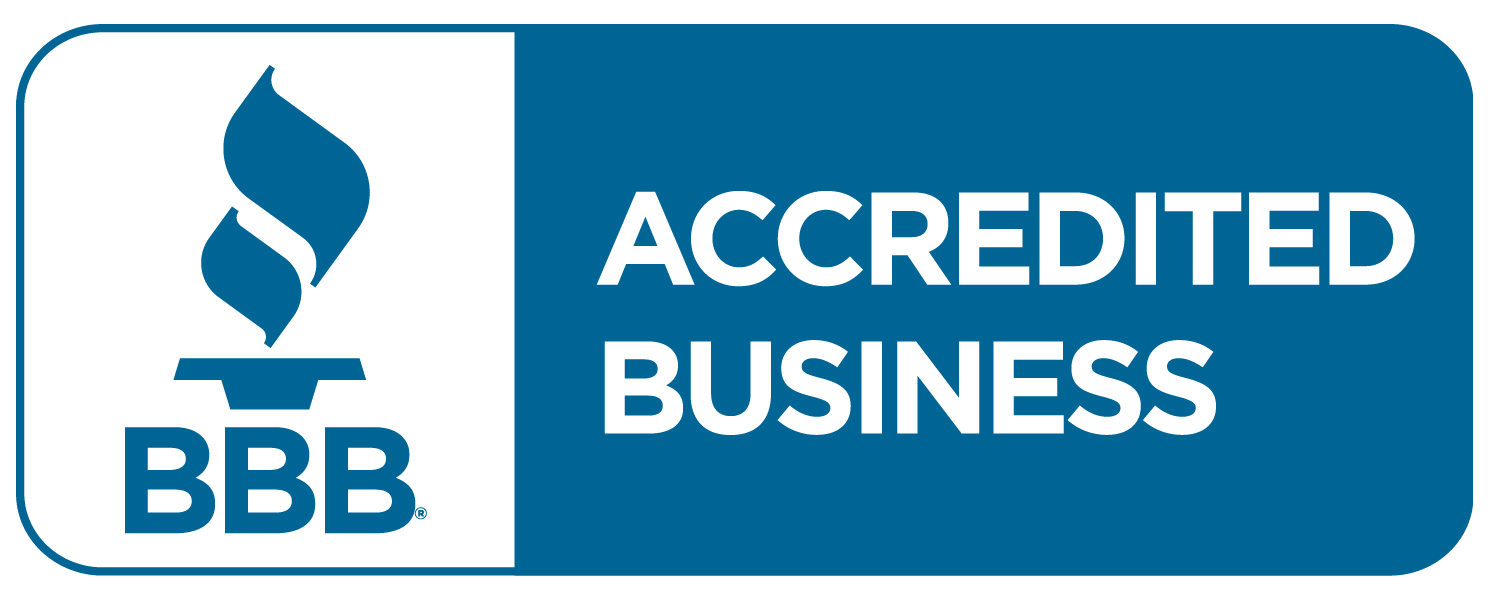Ensuring a Secure Future: Estate Planning and National Preparedness Month
As National Preparedness Month begins, Acumen MB LLC recognizes the importance of proactive measures; not only in terms of disaster readiness, but also in securing your financial future. One aspect often overlooked in preparedness discussions is estate planning. While it might not be as immediate as a natural disaster, having a well-structured estate plan is a critical step in ensuring your assets are protected and your loved ones are provided for. In this blog post, we will delve into the significance of estate planning during National Preparedness Month and how it contributes to your overall financial security.
Understanding Estate Planning:
Estate planning is the process of arranging for the management and disposal of your assets after you pass away. It involves making important decisions regarding how your assets will be distributed, who will manage your affairs, and how taxes and other financial considerations will be handled. While it’s not a topic most people relish thinking about, having a comprehensive estate plan in place can alleviate a significant amount of stress for your loved ones during an already difficult time.
Key Components of Estate Planning:
1. Will: A will is a legal document that outlines how you want your assets to be distributed after your death. It allows you to specify beneficiaries for your various properties, investments, and possessions.
2. Trusts: Trusts are versatile tools that can help manage and distribute your assets according to your wishes, while minimizing tax implications. They can be set up during your lifetime (living trusts) or after your passing (testamentary trusts).
3. Power of Attorney: A power of attorney designates someone to make financial decisions on your behalf in case you become incapacitated and are unable to manage your affairs.
4. Healthcare Directives: Healthcare directives, including living wills and healthcare proxies, outline your medical preferences and designate someone to make medical decisions for you if you’re unable to communicate.
5. Beneficiary Designations: Assets such as life insurance policies, retirement accounts, and certain bank accounts allow you to name beneficiaries directly. These designations override your will, so it’s important to keep them updated accordingly.
6. Guardianship Designations: If you have minor children, an estate plan can specify who will care for them in the event of your passing.
While estate planning might not seem directly linked to disaster preparedness, the two concepts share an underlying theme: proactive readiness. Just as you prepare for potential emergencies by having a disaster kit and a family communication plan, estate planning is about preparing for the unexpected. By creating a comprehensive estate plan, you’re not only safeguarding your family’s financial well-being but also ensuring that your wishes are respected when you’re no longer around to communicate them.
Take Action Today:
1. Evaluate Your Assets: Take stock of your assets, both financial and tangible. In other words, prepare an inventory list of those assets. This will help you determine what you need to include in your estate plan.
2. Consult Professionals: Estate planning involves complex legal and financial considerations. Consulting an experienced attorney, financial advisor, and accountant can ensure that your plan is legally sound and tailored to your unique situation.
3. Regular Updates: Life is fluid, and so should be your estate plan. Major life events such as marriage, divorce, births, and deaths should prompt a review and update of your plan.
4. Open Family Discussions: While discussing estate planning can be uncomfortable, involving your family in the process can help prevent confusion and conflicts later.
As we commemorate National Preparedness Month, remember that estate planning is an essential aspect of comprehensive preparedness. Just as you take steps to protect your family from potential disasters, take the time to create an estate plan that ensures their financial security and honors your wishes. Acumen MB LLC is here to assist you in this important endeavor, guiding you through the complexities of estate planning and empowering you to face the future with confidence.
